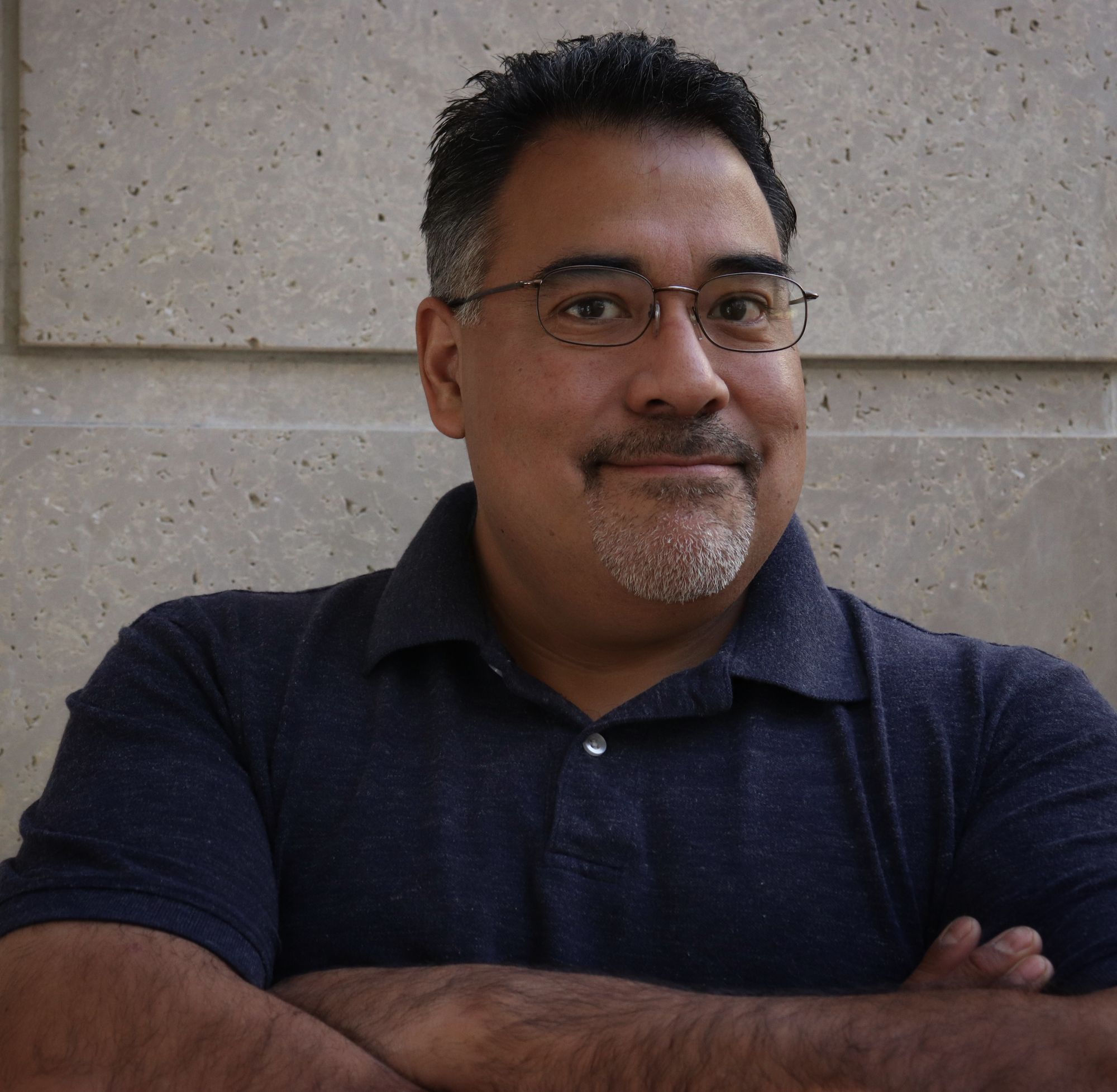Tolkien opened this last week to mixed reviews at the box office, and although the Tolkien estate has distanced themselves from endorsing the film, given that it takes quite a few liberties with the events in his life, the film still manages to tell a decent, albeit slow moving, story.
In a disjointed timeline, the film switches back and forth between Tolkien's service as a 2nd lieutenant in WW1 at the Battle of the Somme in 1916, and his life back in England beginning with an adventurous youth in a rural “shire” of England with his mother and brother Hilary.
When news of their father's death arrives, Fr. Francis Morgan helps move his family to the industrial city of Birmingham where they are home-schooled by their mother until she too later dies. Now orphans, Fr. Francis takes guardianship over the Tolkien boys and enrolls them at King Edward's school in Birmingham, where “Ronald” meets three young men with whom he will form an enduring friendship, dubbing themselves the “T.C.B.S” (Tea Club, Barrovian Society, named after the bookstore they meet at).
It is the development of that “fellowship” along with his tumultuous courtship of a fellow orphan who will later become his wife, Edith Bratt, that make up the rest of the movie. And while I think it is here that those who are unfamiliar with or uninterested in Tolkien and his works may find the movie tedious, there is still much in the film which makes it worth seeing.
Before moving forward though, it is worth mentioning right from the start that there is one glaring hole in this biopic, and that is any real treatment of Tolkien's Catholic faith. According to director Dome Karukoski, he had included a few scenes which showed him practicing his faith, but he ended up cutting them because they did not go over well with test audiences.
Even so, while the inclusion of any treatment of his faith in connection to his literary works would be another film itself, it was disappointing (but not surprising) that that aspect of his life was basically ignored. And, as we shall see, it is the one thing that could have made the film a more fitting tribute to the author of the two works of fantasy that all other authors who came after him have had to contend with.
Three Love Stories
If there is one redeeming quality of the film though, it is that the film is a moving love stories (yes, there’s more than one). First, there is the development of the romantic relationship between Tolkien and Edith, which is actually very well done as we are shown two very intelligent and creative spirits overcoming the limitations and circumstances in their lives to become husband and wife in a manner which should be more commonplace today.
Further still is the philia brand of love that Tolkien has with his T.C.B.S. fellows which, like many male friendships, begins on antagonistic terms. However, as the film progresses we see a level of acceptance, trust, and fellowship that grows among them throughout the movie, that anyone who has read The Hobbit and The Lord of the Rings will recognize.
Lastly, and in regards to Tolkien most pertinently, is his love of language. In the film there is a scene where Tolkien and Edith are at restaurant, when he tells her that he has invented his own stories and languages (who in real life created ten languages over his life time). The two of them then engage in a basic philology exercise as they talk about sounds and meanings of a certain word as they weave together a romantic story.
It was that love of languages that motived Tolkien to change his course of studies from Classics to philology at Oxford under the tutelage of professor Joseph Wright, and which in time would move him to create the tales and stories about Middle Earth. And it is at this point where the absence of any in-depth treatment of Tolkien's faith causes the film to fall short of what it could have been.
All throughout the film we see how Tolkien sees the images and figures of The Lord of the Rings as being inspired by the hardships of his life and the horrors of war. Certainly, one can see how he would have conceived of the idea of The Dead Marshes found in The Two Towers with all the corpses and pools of water seen in the trenches in the film. However, that is as far as the film wants to go with it.
If there had been any attempt to incorporate his Catholic world view, we could have seen how, as he writes in his essay, On Fairy-Stories, that “although now long estranged” and “dis-graced he may be” from our original state, we nonetheless possess the ability to sub-create because we are “not only made, but made in the image and likeness of a Maker.”
Thus what's missing from Tolkien is the notion that, he was not just trying to re-imagining the hardships of life through his writing, but to redeem those hardships by writing stories that mirror that creative and saving actions of a God who so loved the world and us, that he became one of use- the Word made flesh.
It is, as he writes, a “story begins and ends in joy. It has pre-eminently the ‘inner consistency of reality’. There is no tale ever told that men would rather find was true.” Given that all of that was left out of the film, Tolkien does indeed has its own “inner consistency” and has its strong points, but not so much with the reality of the real Tolkien's life.

